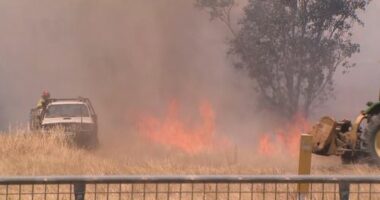Share this @internewscast.com
FBi Radio — where Koh is managing director — has been an institution in the inner-Sydney suburb of Redfern since 2003, bolstered mostly by community memberships.
“They were still listening to the station — but because they already had several other subscription-based services to keep up with, we’d gotten lost in the mix.”
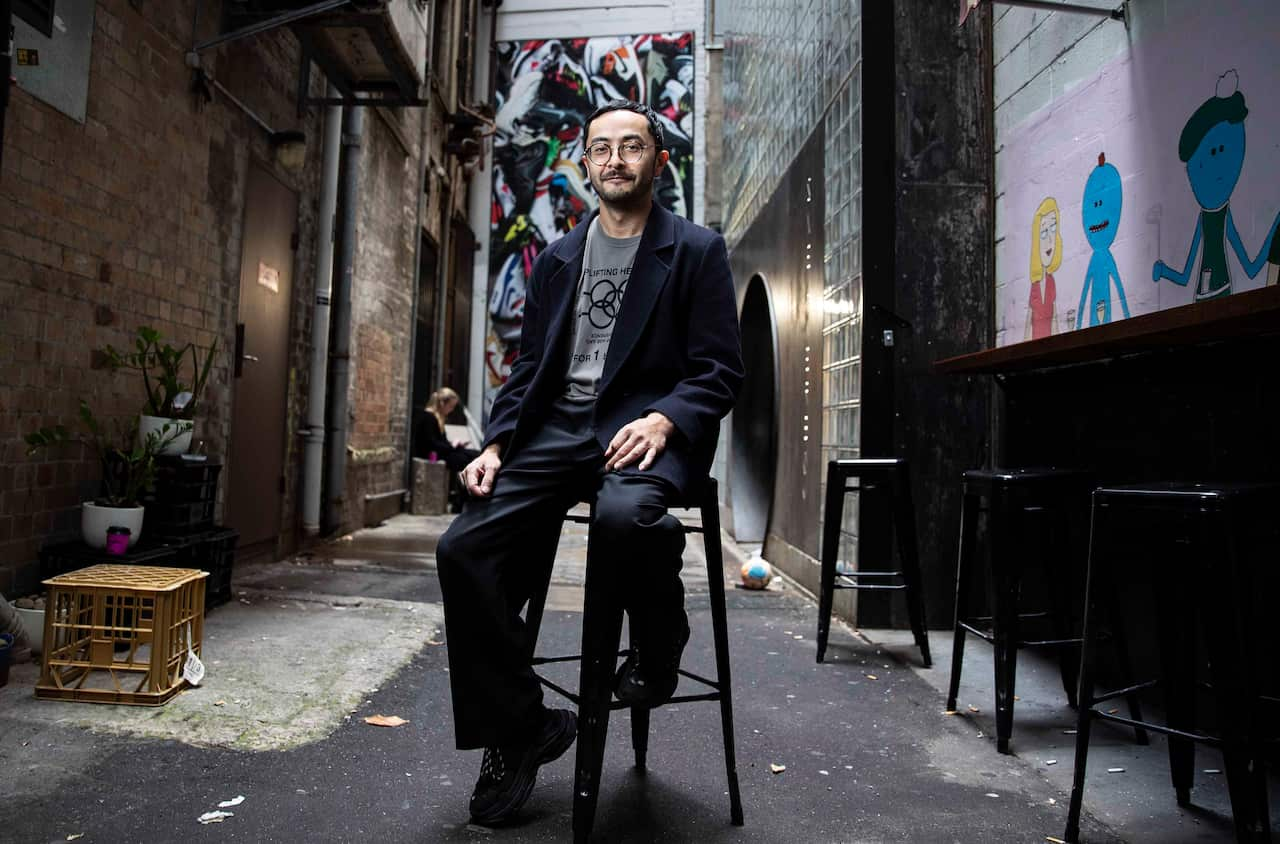
Tyson Koh says the cost of living crisis and growth of algorithmic music streaming is affecting community radio stations such as FBi, which could close its doors if not enough funding is secured. Source: Supplied / John Feder
As cost-of-living pressures linger, Koh says discretionary spending — such as going to live gigs or subscribing to community radio stations — is becoming harder to justify.
“I think we have to decide as a society whether music is important … if we can agree on that, then the question comes down to support and participation.”
Less disposable income, fewer ticket sales
“On top of that, our own expenses have gone up, which meant ticket prices had to increase too.”
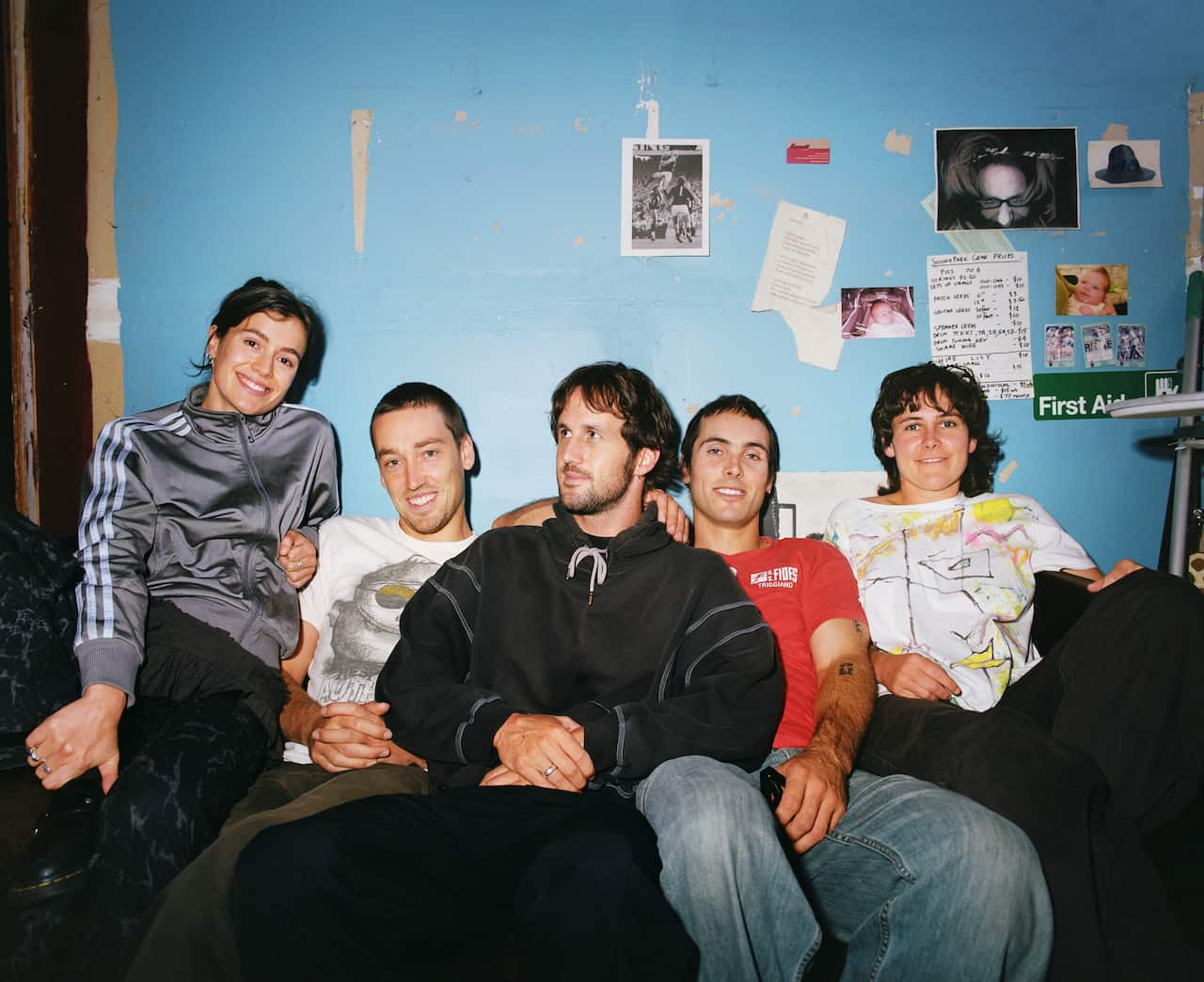
Melbourne-based band Floodlights say the cost of living crisis has put pressure on musicians, leading to slower ticket sales and higher touring costs. Source: Supplied / Matt Shaw
“Touring’s gotten a lot more expensive — flights, accommodation, gear hire, crew — it all adds up.”
More than 25 music festivals across Australia have been cancelled since 2022, according to data from the Australian Festival Association.
Community-led efforts still not enough
“It’s made by a small team of humans — including musicians and creatives who work with us as researchers — who need to be compensated for the amount of labour we’re all doing in order to continue living in one of the most expensive cities in the world.”
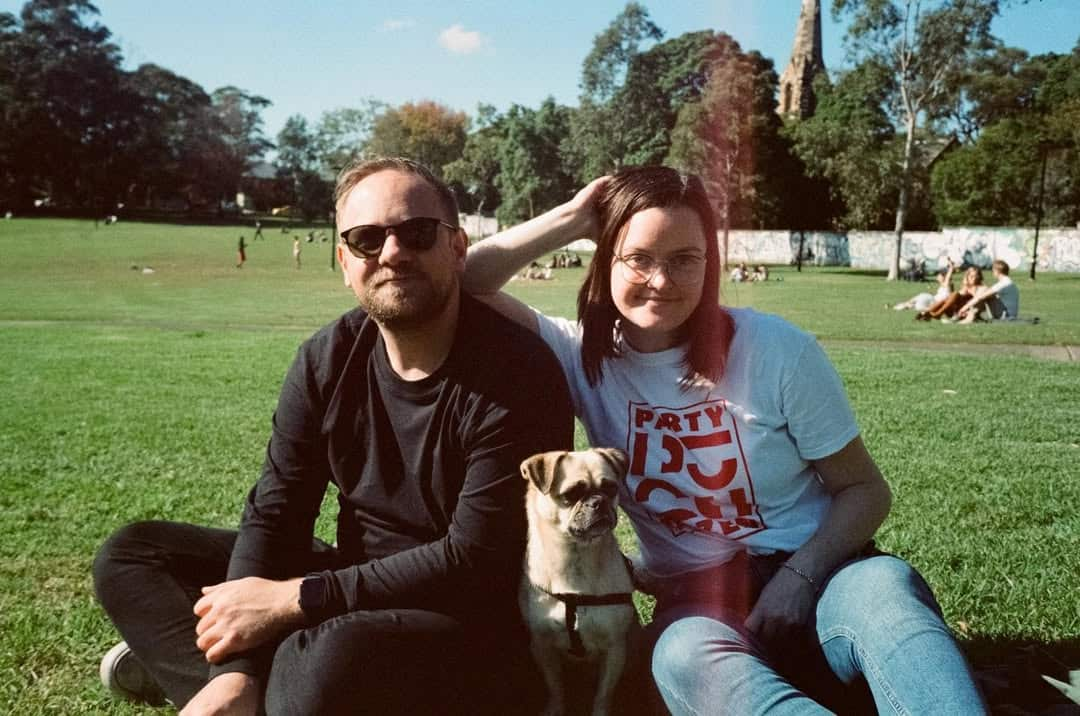
Caitlin Welsh and Joe Hardy founded gig guide SydneyMusic.net after frustrations with the diminishing Sydney music scene. But the cost of living is making it difficult for them to continue operating. Source: Supplied / Caitlin Welsh
But live music spaces are becoming increasingly rare as venues face even more pressure to keep the doors open.
“Brisbane is home to some great large-scale venues, but with more and more small venues closing, there are noticeably less opportunities for artists to cut their teeth.”
“The narrowing of music participation to people who can afford to treat it as a hobby, or who are forced to accept poverty to keep doing it, is just as creatively flattening as the algorithm.”
Algorithms placing pressure on industry
Koh says this means that people are more likely to value platforms like these instead of community radio, which was traditionally a hub for music discoverability.
“There’s so much music coming out every day, and unless you’re backed by major playlists or algorithms, it’s easy to get lost in the noise,” Draffen said.
Should Triple J be doing more?
He said the program “would love to see even more people and platforms supporting and prioritising Australian artists”.
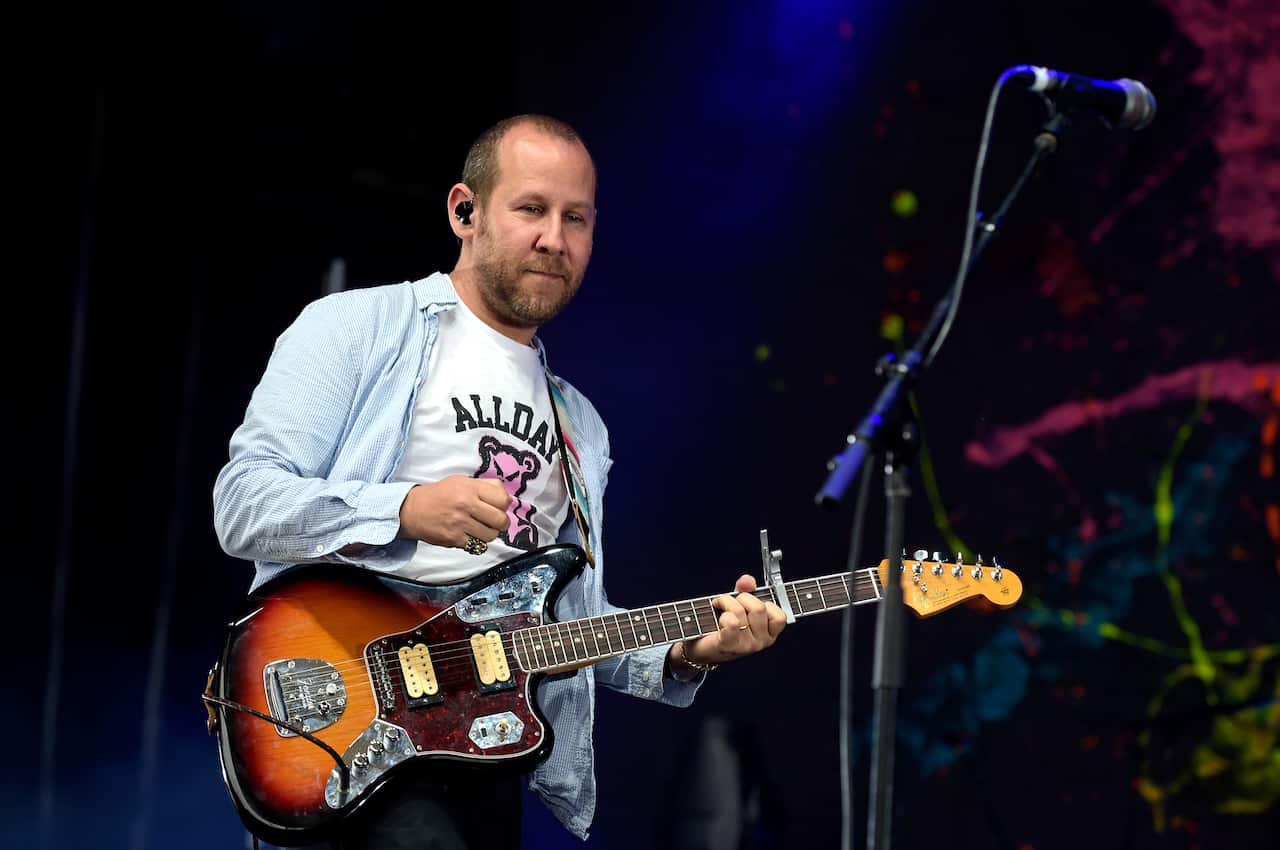
Australian musician Ben Lee has called for Triple J to do more to support Australian music. Source: Getty / Martin Philbey
But members of the industry are still conflicted over the best path forward.
“We’ve really had to double down on staying connected with our audience and finding new ways to reach people but it’s hard as Triple J doesn’t really play us, which obviously makes it tougher to reach a wider audience in Australia,” he said.


